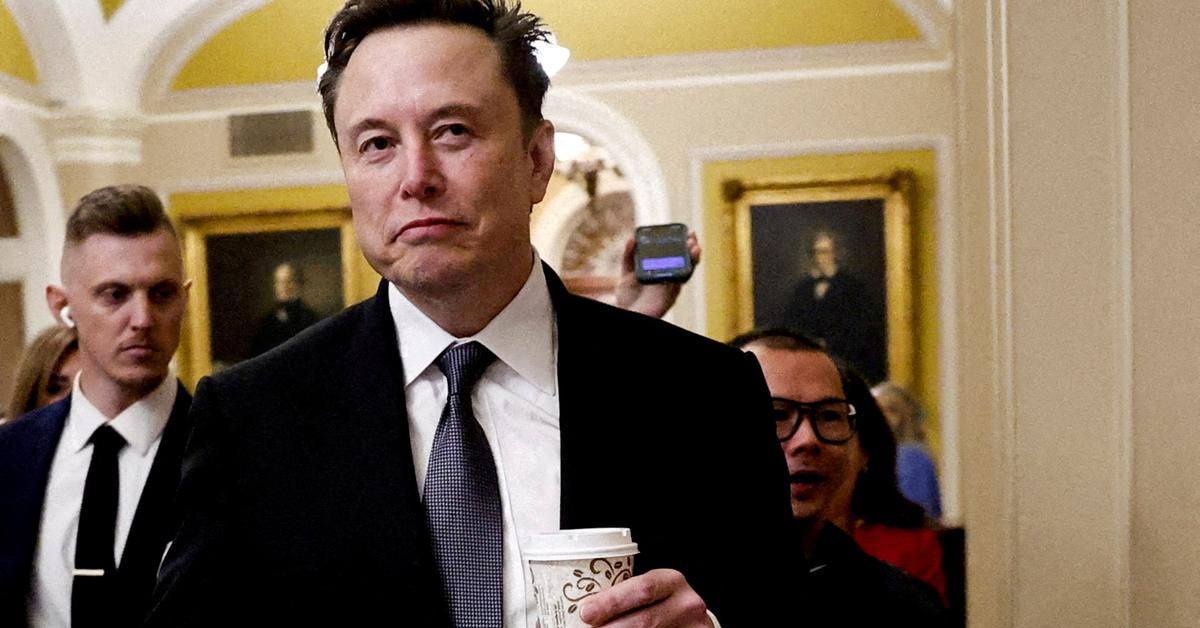The Trump administration has caused major disruptions in the flow of federal funds, freezing or stalling around $430 billion meant for vital programs. From disease research to early childhood education programs, such as Head Start, to disaster relief, this financial disruption is having a far-reaching impact. According to top Democrats, this interference is both “unprecedented and dangerous” and is being seen as an assault on essential services relied upon by millions of Americans.
Senator Patty Murray from Washington and Representative Rosa DeLauro from Connecticut, two prominent Democratic leaders, have raised alarms over this disruption. On Tuesday, they unveiled an online tracker designed to document the different ways President Donald Trump and his advisor, Elon Musk’s Department of Government Efficiency, have stalled the delivery of these federal funds. This often results in actions that challenge the law and ignore established guidelines.
In a joint statement, Senator Murray and Representative DeLauro said, “Instead of investing in the American people, President Trump is ignoring our laws and ripping resources away.” They went on to add, “No American president has ever so flagrantly ignored our nation’s spending laws or so brazenly denied the American people the investments they are owed.”
This ongoing disruption affects various sectors that directly serve American citizens. Key areas such as healthcare research, public education, and disaster relief, all funded by the federal government, have been severely impacted. The loss of funding means that crucial programs designed to help vulnerable populations, such as children, low-income families, and disaster victims, are now operating with significant setbacks or, in some cases, have been halted completely.
Murray and DeLauro’s online tracker aims to provide a comprehensive overview of all the ways the Trump administration’s actions have hindered the flow of funds. While the tracker is still being developed and updated, it already highlights numerous instances where federal funds intended for essential services have been delayed or blocked.
These actions have not only disrupted local governments and public services but also sparked a series of lawsuits from various state and local governments, as well as advocacy organizations, fighting to protect these programs.
The political and legal environment surrounding this situation is rapidly evolving. The Trump administration is facing numerous lawsuits from various sectors, including local governments, employees, and civil society organisations, all aiming to preserve programs that are essential for many Americans. The lawsuits are centered on protecting federal funds that provide health services, education, and aid to communities in need.

The concern from Democratic leaders stems from the belief that this disruption is not just a political issue but one that has tangible effects on the lives of everyday people. Programs that millions of Americans depend on are now being put at risk due to administrative decisions that ignore the law. For many, the impact is immediate, with crucial services being cut or delayed, leaving vulnerable populations in a state of uncertainty.
This situation also reflects the broader political divide in the United States, with Democratic leaders accusing the Trump administration of undermining the country’s legal framework and putting partisan interests above the well-being of the American people. The disruptions have led to increased tension between the executive branch and state governments, which are trying to mitigate the effects on their communities.
At the same time, the Trump administration has defended its actions, arguing that the disruptions are part of an effort to streamline government spending and eliminate waste. However, critics contend that this argument ignores the very real consequences for those who rely on these federal funds.
The debate surrounding the Trump administration’s freeze of $430 billion in federal funds is just one example of the broader struggle over government spending priorities and the federal government’s role in supporting key social programs. As lawsuits continue to unfold and political pressure mounts, it is clear that the issue of federal funding disruption will remain a key point of contention as the country moves toward the 2020 election cycle.
This situation is far from over, and as new developments emerge, the public will likely see even more legal and political battles unfold over the fate of these crucial programs. For now, the $430 billion in federal funds remains in limbo, leaving many Americans uncertain about the future of the services they rely on.
The long-term effects of these disruptions are still unclear, but one thing is certain: the conflict over federal funding is far from resolved. As it continues, it will shape the discourse around the role of government, the priorities of the Trump administration, and the effectiveness of the nation’s legal system in protecting the interests of its citizens.
With these ongoing challenges, the fight to ensure that the American people receive the resources they need will continue to be at the forefront of political debates across the nation.
Disclaimer: This article has been meticulously fact-checked by our team to ensure accuracy and uphold transparency. We strive to deliver trustworthy and dependable content to our readers.


